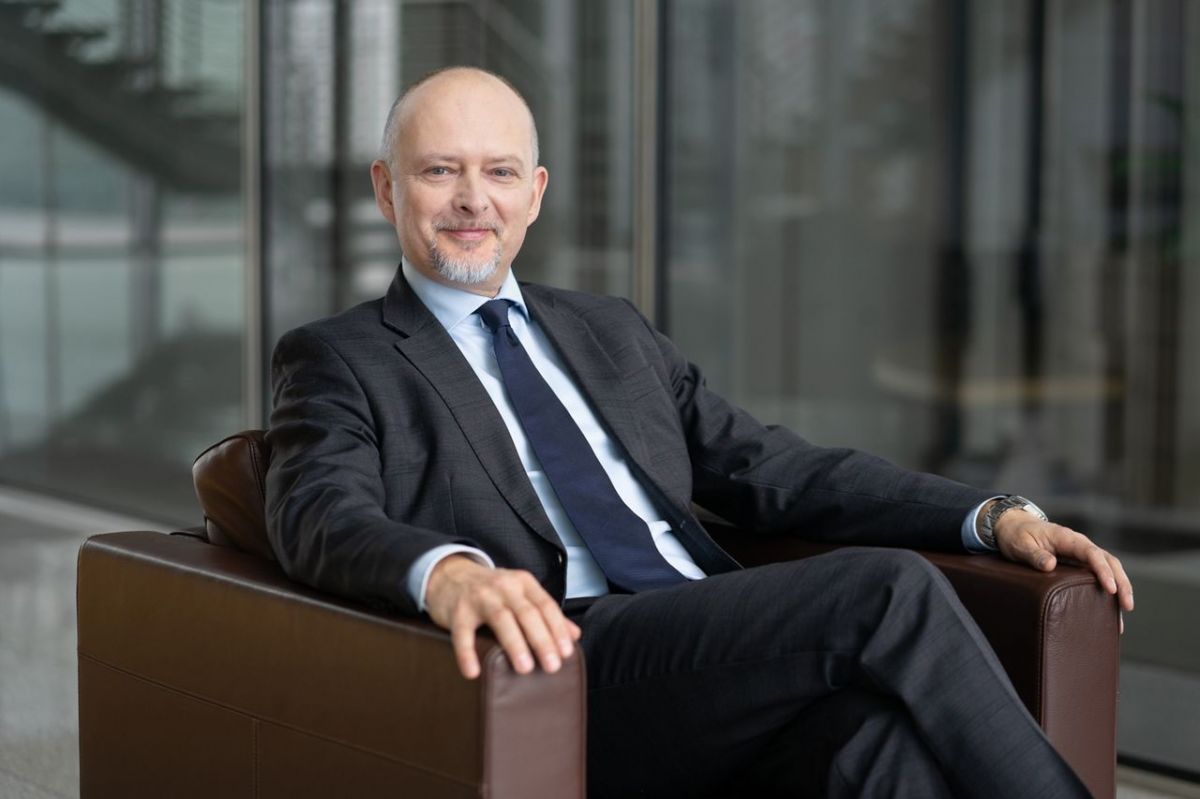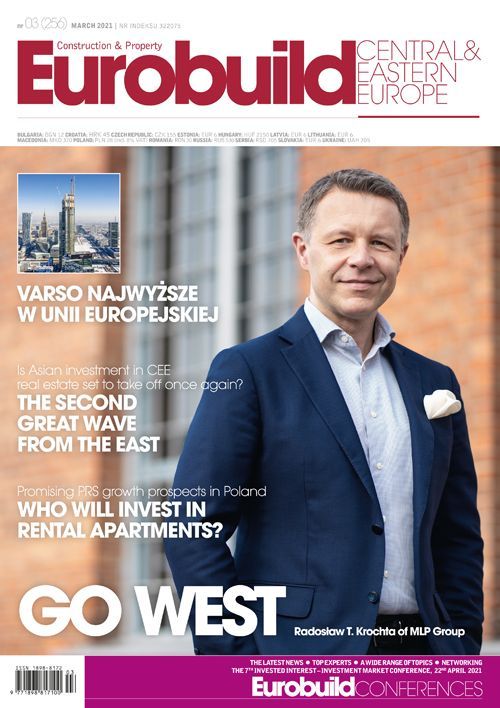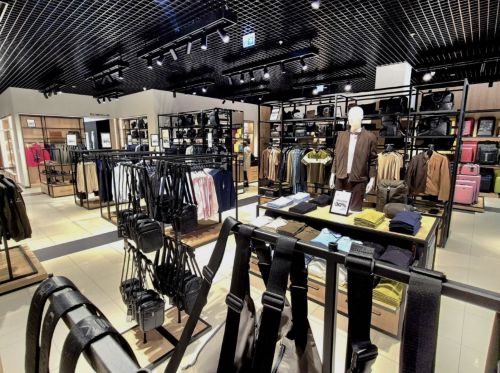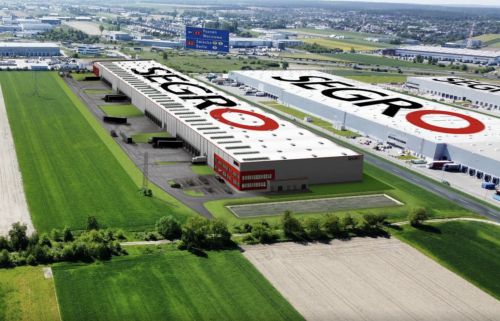Does the transaction by Heimtaden mean that foreign capital has at last taken notice of the PRS market here?
Daniel Bienias, the managing director of CBRE: It seems so, although it has to be said that the growth in the apartment rental market has accelerated across Europe as a result of the pandemic, even though in the West it’s been developing rapidly for quite some time now. When interest in retail and office real estate fell off a little, investors began to look around for alternatives. Rental apartments fulfil one of the two basic needs: people must always have something to eat and somewhere to live. In Poland, these trends are being driven by economic, demographic and social factors.
Did it take you a long time to set up the Heimstaden deal?
The talks lasted a number of months, but the entire transaction went very smoothly. The trail has now been blazed and I already know of other investments that are to follow. I’ve also heard word that soon a lot is going to start happeni





























































